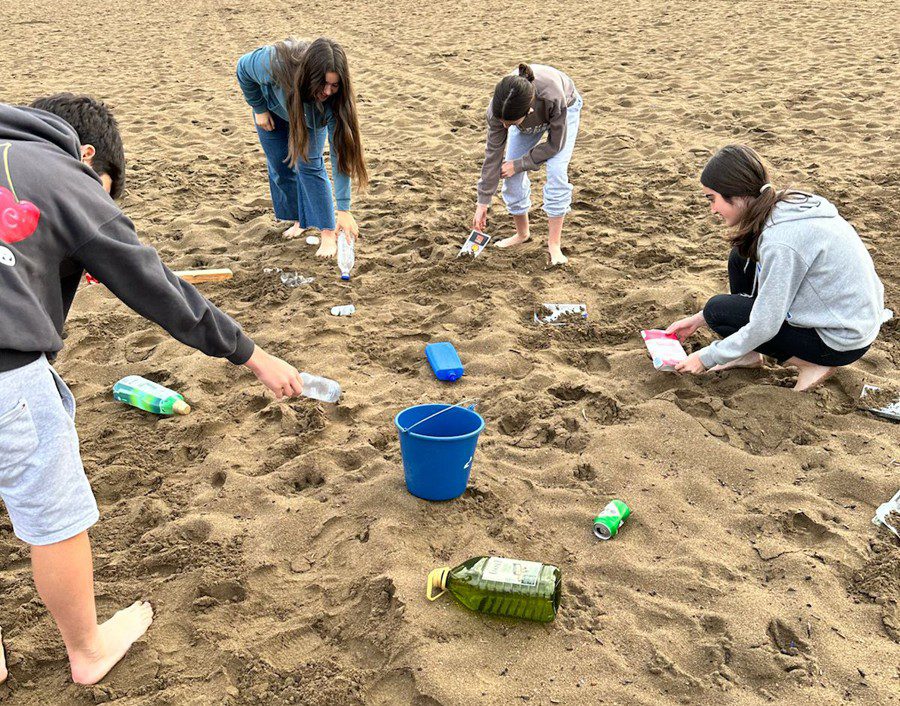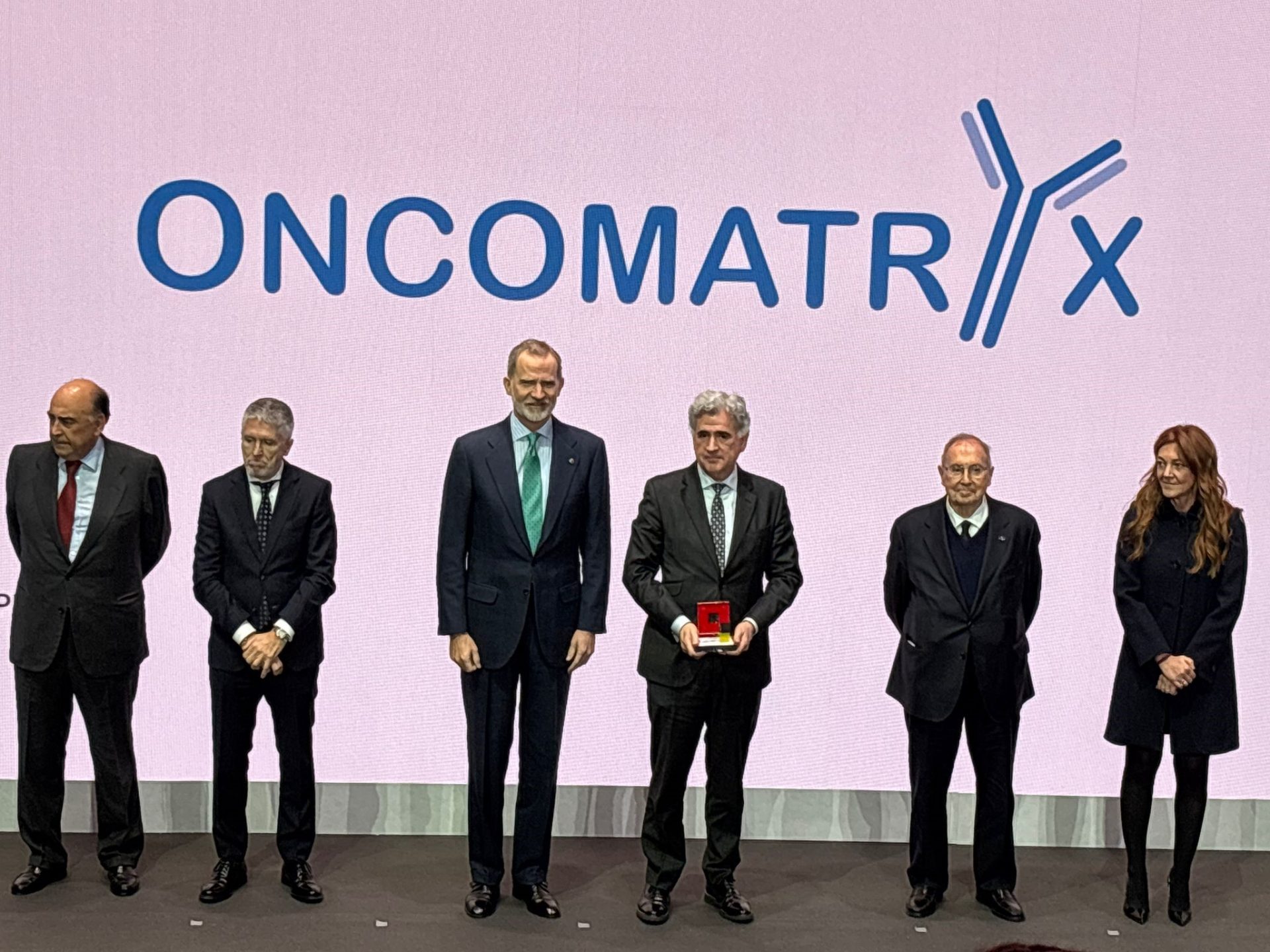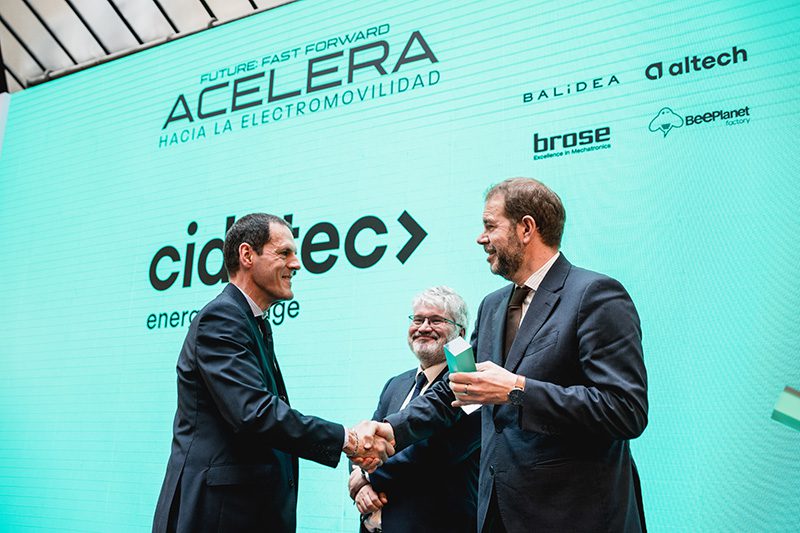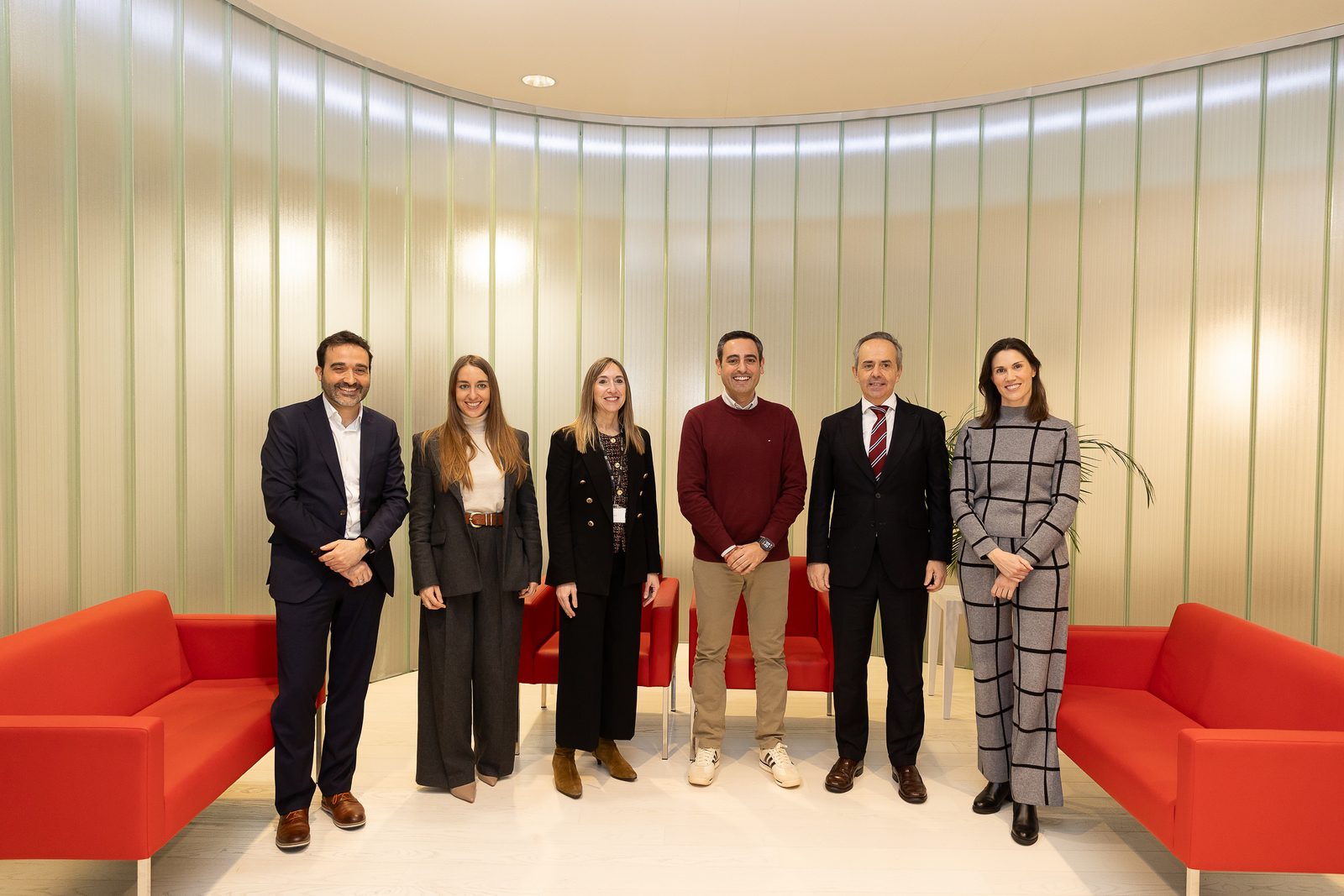Bioimplants for a new era
- IK4-CIDETEC has developed a new material for AJL bio-oftalmics, based on the use of porous polyethylene, and aimed at the creation of better orbital implants for eyeball reconstruction.
- It is a hydrogeled functionalised material, able to absorb drugs that facilitate the integration of patient’s body implants and minimize rejection.
 Nowadays there are many eye problems that can be cured by means of surgery. Ophthalmologic innovations such as bio implants, developed from new materials, are a major step forward in order to achieve safer, faster and rejection-free eye surgery.
Nowadays there are many eye problems that can be cured by means of surgery. Ophthalmologic innovations such as bio implants, developed from new materials, are a major step forward in order to achieve safer, faster and rejection-free eye surgery.
IK4-CIDETEC, a leading company in the field of research and development of new materials and based in the Technology Park of San Sebastian, has developed a new functionalized hydrogel based material, for use in implants in ophthalmology, able to absorb drugs that facilitate integration into the patient’s body.
The new material, developed for AJL bio-ophthalmic, is based on the use of porous polyethylene and is specifically designed for eyeball reconstruction surgery. Since it is porous, the new material allows for new blood vessels to be formed inside, hence facilitating integration and avoiding potential rejection problems.
- Pros
There are similar porous polyethylene implants on the market. This kind of implants allows tissue and blood vessel growth inside the actual pores. However, in certain cases and because of material specs, infection problems or rejections can occur which may endanger the integration of the implant. Furthermore, should an antibiotic be required to treat a certain infection, it would not be strong enough since it would lack the required surface irrigation.
IK4-CIDETEC undertook the development of the new material in 2009 with the aim of modifying the surface of implants to obtain a better integration into the patient’s body. To achieve this, the Basque technological centre created coatings that incorporate drugs and growth factors into the implant that facilitate integration by reducing the time needed to be fully integrated.
The new range of implants is superficially modified so as to have a have higher affinity for these drugs and allow for a gradual release, so that the doctor can incorporate the necessary products to ensure a rapid and effective integration of the implant. Thus, once implanted, the drug can be steadily released over time, which enables a faster, safer and more effective integration.
The CeyeC CENIT project is focused on personalized ophthalmology medicine and more specifically on orbital implants designed for eyeball replacement.
- Experimental Model
IK4-CIDETEC has developed an experimental implant model that is being tested at a preclinical stage. Once the preclinical and clinical phases are finalised, AJL plans to launch a new range of implants that incorporate technology developed by the Basque technological centre.




